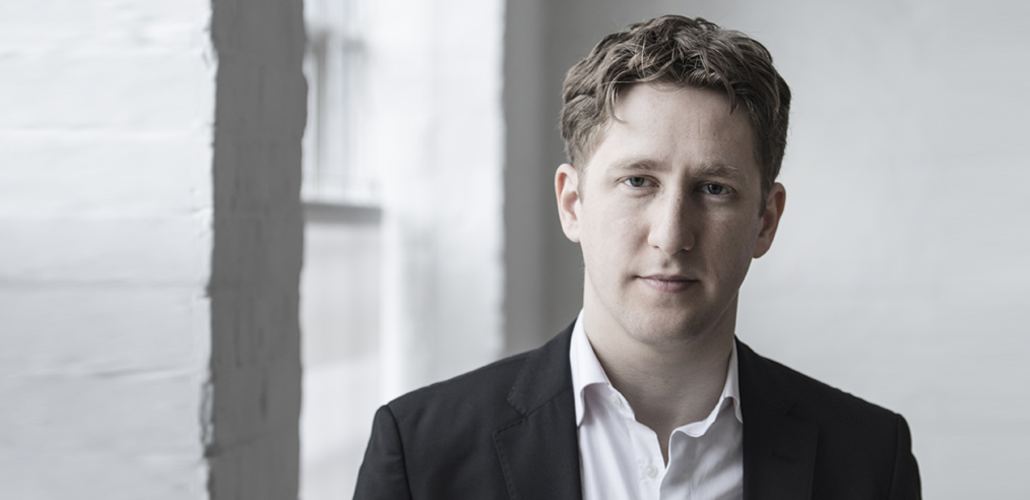The Past, Present and Future of Classical Music
During the Covid-19 pandemic, Quarantine Classics (www.klassiskkarantene.no) and the Norwegian conducting program Dirigentløftet teamed up with leading conductors in sharing sessions to inspire young conductors and music students. American conductor Joshua Weilerstein shared his thoughts on opportunities for change and the future of classical music.
You are probably reading this post-pandemic. How do you think the author’s analysis corresponds with the present reality?
The Past, The Present, and The Future of Classical Music
by
Joshua Weilerstein
Every time a musician has opened their email or picked up the phone over the last weeks, they’ve braced for the gut-punch of yet another concert cancellation. Some ensembles and organisations were quick out of the gate to cancel everything, while many have valiantly held on until bowing to the inevitable. Now, with the emerging possibility that large gatherings of any kind could potentially be impossible until a vaccine is widely available, musicians and artists of all stripes have begun to panic, seeing their incomes, their livelihoods, and possibly their futures evaporating before their eyes. No one knows how or when this crisis will end, but all we can know now is that the performing arts face an existential crisis. The question remains: How can the classical music business cope with this threat? This article is meant to explore the past, present, and future of classical music through the prism of conducting and through orchestral life, and why this crisis, while devastating, presents an opportunity for change within a field that is desperate for it. […]
Click here to open the full essay:

Joshua Weilerstein is the Artistic Director of the Orchestre de Chambre de Lausanne. He also enjoys a flourishing guest conducting career throughout Europe and the USA and is known for his clarity of musical expression, boundless enthusiasm, and deep natural musicianship. His enthusiasm for a wide range of repertoire is combined with an ambition to bring new audiences into the concert hall.